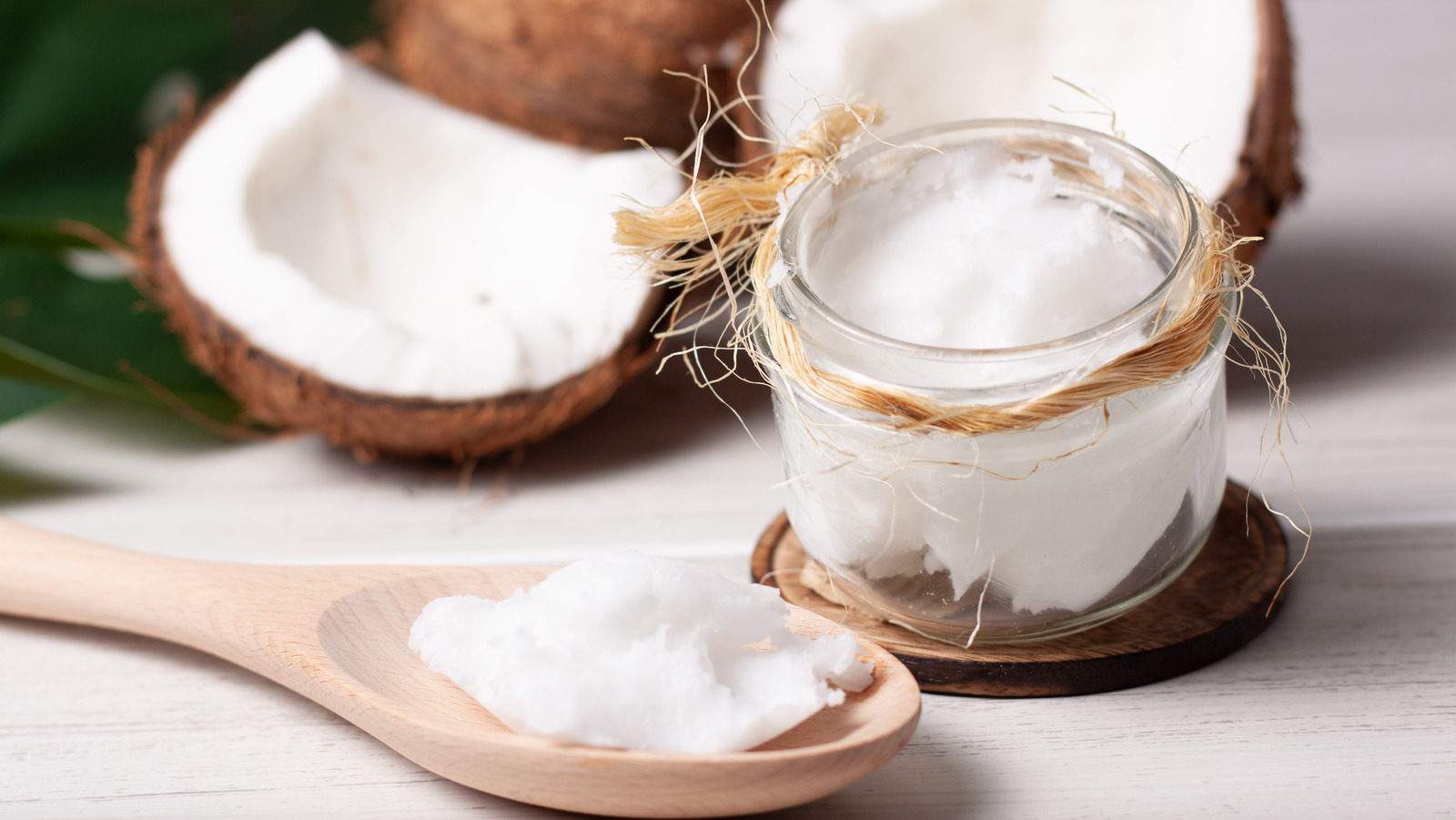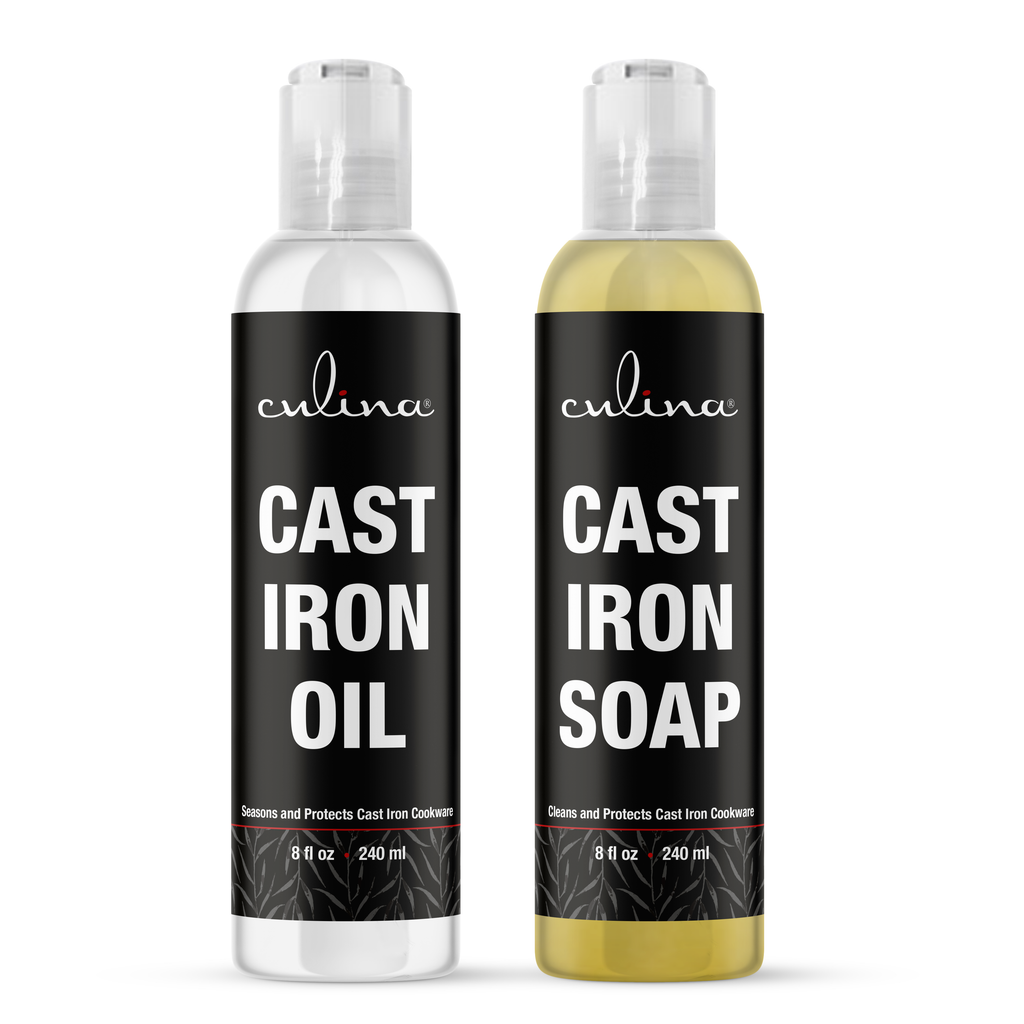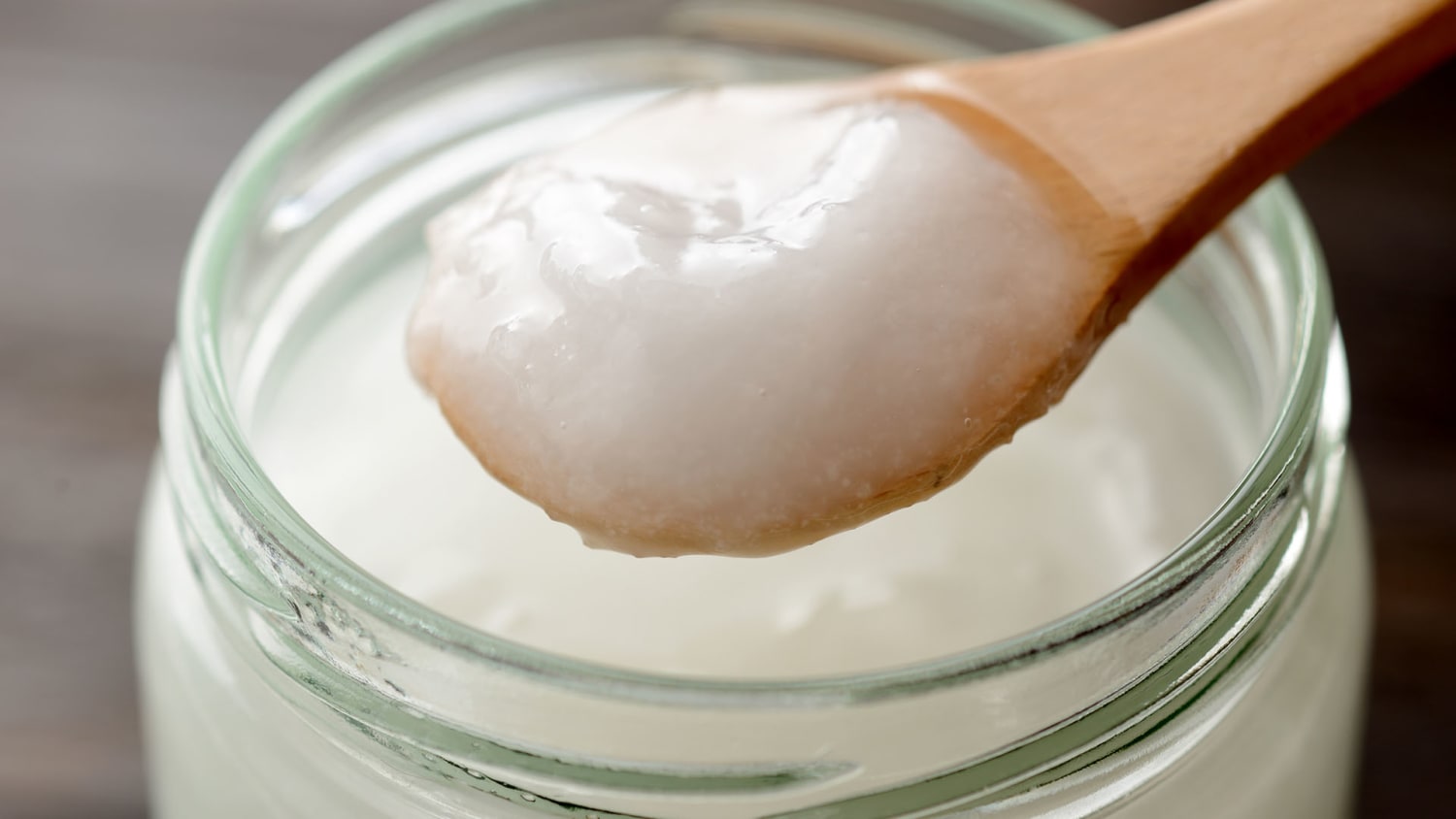What Can You Use Instead of Coconut Oil for Beauty Needs?
Coconut oil has become a staple in beauty routines, revered for its natural moisturizing properties and versatility. However, as a professional beautician, you might find yourself wondering, what can you use instead of coconut oil? Understanding the alternatives available can enhance your beauty practices and cater to a wider client base.
In this article, we will explore various substitutes for coconut oil, each with its unique advantages and applications. Whether you're looking for an alternative for skin care, hair treatments, or makeup, there is a wealth of options available. Read on to discover these alternatives and how they can help you in your beautician endeavors.

Soybean Oil: A Plush Alternative
Soybean oil is an effective substitute due to its light texture and moisturizing properties. Rich in fatty acids, it absorbs quickly, making it a great option for skin and hair treatments. This oil is often used in salon products for its ability to provide hydration without a greasy residue.
For beauticians, incorporating soybean oil into treatments can improve client satisfaction. Its vitamin E content acts as an antioxidant, offering additional benefits for the skin. Consider using soybean oil in your natural moisturizer formulations.

Olive Oil: The Classic Choice
When pondering what can you use instead of coconut oil in your clients' beauty regimens, olive oil stands out as a classic and effective choice. Known for its nourishing properties, it is rich in antioxidants and vitamins, making it suitable for various applications including massages, hair treatments, and skin care.
Olive oil can be used to create homemade scrubs or as a base for lotions. Its robust nature helps to lock in moisture and protect the skin. Plus, the pleasant aroma can enhance the overall experience for your clients.

Avocado Oil: Nutrient-Rich Substitute
Another remarkable alternative is avocado oil. This oil is packed with essential nutrients and fatty acids, which are incredibly beneficial for the skin. Avocado oil helps to penetrate deeper into the skin layers, making it an excellent moisturizer. Using it for hair treatments can also promote shine and health.
Beauticians can incorporate avocado oil into their practices, especially for clients with dry or damaged hair. It's a versatile oil that can enhance your beauty services significantly.

Jojoba Oil: A Versatile Gem
Jojoba oil is unique in that it closely resembles the natural oils produced by our skin. This makes it an outstanding substitute for coconut oil as it can balance the skin without clogging pores. Beauticians often recommend jojoba oil for facial treatments, as it helps in healing and providing hydration.
It can also be mixed with other oils or used alone for massages, presenting a multi-functional approach in beauty care. Its shelf life and stability add to its advantages, making it a wise choice for beauty professionals.
Sweet Almond Oil: Softening and Nourishing
Sweet almond oil is another excellent alternative, celebrated for its softening properties. It is lightweight and quickly absorbed, making it perfect for skin treatments. The oil is rich in vitamins A and E, promoting skin health.
In a beauty context, sweet almond oil can be used in hair serums, body oils, and creams. Its soothing characteristics can be beneficial for clients with sensitive skin, providing a gentle yet effective option for hydration.
Grapeseed Oil: Lightweight and Non-Greasy
Grapeseed oil might not be as popular as others, but it is an excellent alternative to coconut oil for those seeking a lightweight, non-greasy option. Rich in linoleic acid, it is especially good for oily skin as it won't clog pores.
Incorporating grapeseed oil into your beauty treatments can help create a balance in skin moisture without being overwhelming. Incorporate it into your facials or use it as part of a massage oil blend.
Cocoa Butter: Nourishment for the Skin
Cocoa butter is often hailed for its intensive moisturizing properties. While it is thicker than coconut oil, it is still an excellent alternative for particular applications, especially for dry skin and hair treatments.
Whether you're creating your own body butters or offering deep moisturizing sessions, cocoa butter can enhance the experience for your clients. Note that it can solidify at cooler temperatures, so it may need to be warmed before application.
Shea Butter: Nutrient-Dense Hydration
Like cocoa butter, shea butter is rich in vitamins and fatty acids, providing ample nourishment for the skin. Its emollient properties make it an excellent choice for moisturizers, particularly for those dealing with extreme dryness.
Beauticians often find shea butter to work wonders in conditioning hair and addressing common scalp issues. Be sure to inform clients about the benefits of this option when discussing what can you use instead of coconut oil for better skin and hair care.
Conclusion
As a beautician, it's vital to have knowledge about various alternatives when clients inquire about what can you use instead of coconut oil? The options listed above illustrate that there is a multitude of oils available to suit different needs and preferences.
Implementing these alternatives not only expands your professional repertoire but also allows you to customize beauty treatments tailored to each clients unique requirements. Consider integrating these substitutes into your beauty products and services to enhance satisfaction and efficacy.
For more information on different oils and their uses, check out resources like refined vs unrefined coconut oil and other articles on beauty oils.
FAQ
1. Can I use these oils for cooking as well?
While some oils like olive and avocado oil are edible and versatile, others like grapeseed and jojoba oil are primarily for cosmetic use. Always check oil specifications before use.
2. Are these substitutes safe for all skin types?
Most of these oils are safe, but its essential to consider individual sensitivities. Always conduct patch tests to ensure no adverse reactions occur.
3. How do I store these oils for long-term use?
Keep oils in a cool, dark place to preserve their quality. Ensure that the lids are tightly secured to avoid oxidation and contamination.
As an Amazon Associate, I earn from qualifying purchases.

